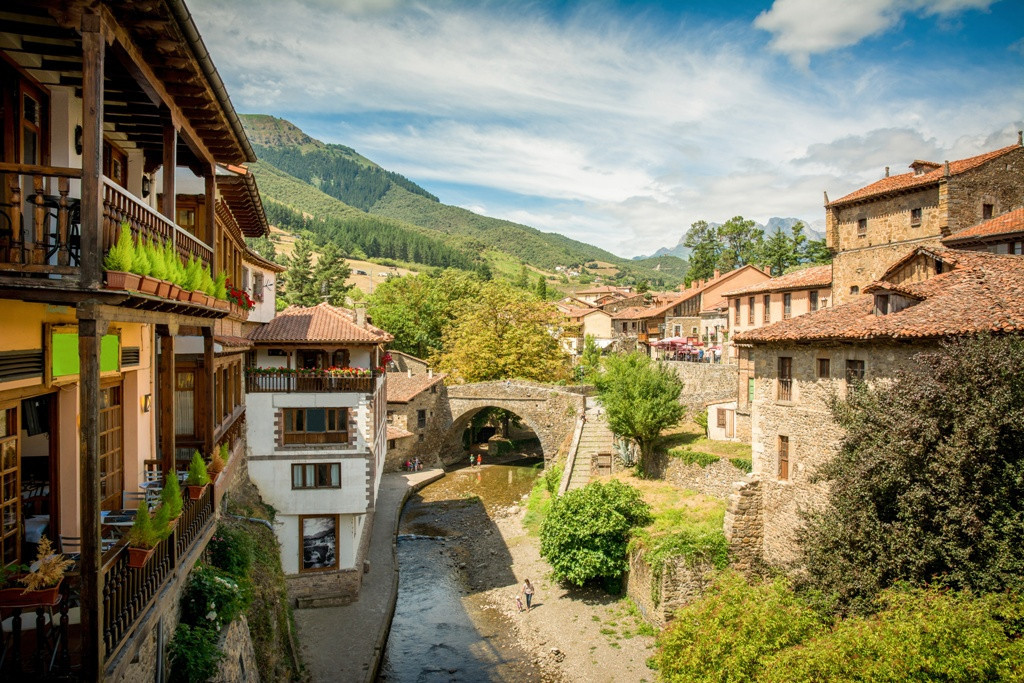Airbnb has called for differentiated regulation of short-term rentals across Spain’s rural regions, arguing that the current framework fails to reflect the reality of areas where a significant share of housing stock lies empty.
According to La Razón, that includes statements from Jaime Rodríguez de Santiago, Managing Director for Spain and Portugal at Airbnb, as many as 45% of homes in some rural municipalities remain unoccupied, while tourist rentals represent only a very small proportion of the total.
The platform proposes adapting legislation to local circumstances — distinguishing between those who rent occasionally and those operating professionally — and applying proportionate measures based on each market’s actual impact.
Data that challenge common myths about short-term rentals
Airbnb maintains that the short-term rental market has a negligible effect on housing prices, accounting for just 0.3% of total increases.
Furthermore, homes used exclusively for tourist purposes make up less than 0.5% of Spain’s total housing stock, while there are 30 times more empty properties than registered tourist lets.
These figures align with various economic studies showing that holiday rentals contribute nearly 2% to Spain’s GDP, generating over €30 billion annually and supporting around 400,000 direct and indirect jobs nationwide.
Rural tourism on the rise: sustainable growth and local impact
Rural tourism is now a well-established trend. In 2023, 13 million travellers chose rural accommodation, generating €5.56 billion in spending, of which €3.2 billion went directly to local businesses, according to Analistas Financieros Internacionales (AFI).
Growth is also evident in overnight stays: 33.6% of all tourist nights were spent in rural areas in 2023, up from 31% in 2018 — an increase of 17.6 million additional nights.
These data reinforce the idea that responsible short-term rentals can help revitalise depopulated areas, provided that regulation encourages sustainable activity instead of limiting it indiscriminately.
Regulation and management: key to responsible tourism
Airbnb’s proposal aims to distinguish between professional and occasional hosting, and between urban and rural settings — a distinction that makes increasing sense as regulation evolves.
In this scenario, rural property owners and managers need to operate with transparency, data and full operational control.
Tools such as Roomonitor Manager make it possible to monitor guest activity, prevent incidents, ensure regulatory compliance, and maintain a model of sustainable and responsible tourism, even in areas where local oversight is more limited.
Technology, combined with professional management, can help strike the balance between economic growth, neighbourhood harmony and legal compliance — all essential pillars for the future of short-term rentals in Spain.
